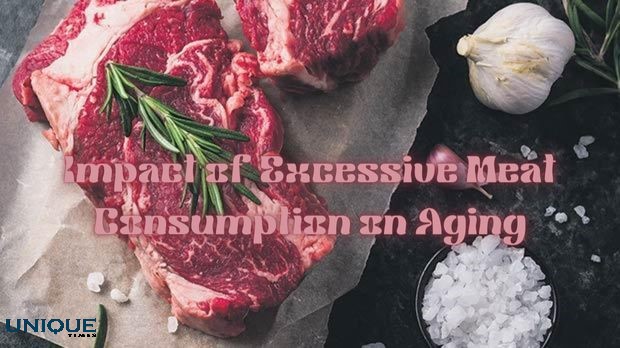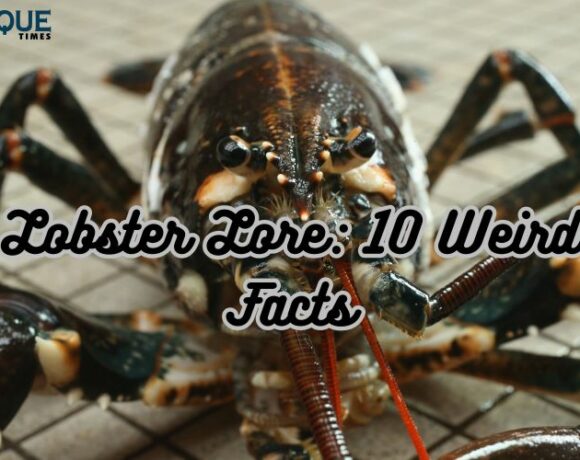Unveiling the Impact of Excessive Meat Consumption on Biological Aging

While meat is a valuable source of protein and nutrients, consuming it in excess can have unforeseen consequences on your overall health and well-being. Recent studies have suggested a potential link between excessive meat consumption and accelerated biological aging. In this blog, we explore the intricate relationship between meat intake and its impact on the body’s biological age, shedding light on the importance of moderation for maintaining long-term health.
Understanding Biological Aging
Biological aging refers to the progressive deterioration of the body’s cells and tissues over time. It is influenced by various factors, including genetics, lifestyle choices, and environmental influences. Research has shown that certain dietary habits, particularly those involving the overconsumption of meat, can contribute to an acceleration of the aging process at a cellular level.
Effects of Meat Consumption on Cellular Health
Excessive meat consumption has been linked to increased oxidative stress and inflammation within the body. The high content of certain compounds found in meat, such as advanced glycation end products (AGEs) and heme iron, can trigger oxidative damage to cells and tissues, leading to premature aging and an elevated risk of age-related diseases.
Impact on Metabolic Health
Regularly indulging in large quantities of meat, especially processed varieties high in saturated fats, can contribute to metabolic imbalances, including insulin resistance, elevated cholesterol levels, and an increased risk of cardiovascular ailments. These metabolic disturbances can further exacerbate the aging process and lead to a higher susceptibility to chronic health conditions.
Promoting a Balanced Diet
To mitigate the potential adverse effects of excessive meat consumption, it is crucial to prioritize a balanced and diverse diet. Incorporating a variety of plant-based foods rich in vitamins, minerals, and antioxidants can help counteract the oxidative stress induced by meat consumption. Emphasizing a diet abundant in fruits, vegetables, whole grains, and legumes can contribute to improved cellular health and support a more gradual biological aging process.
Moderation as the Key
While meat can be a valuable component of a well-rounded diet, moderation remains essential. Adopting mindful eating practices and incorporating meat as part of a balanced meal plan, alongside an array of nutrient-dense plant-based foods, can help promote optimal health and mitigate the potential negative impacts on biological aging associated with excessive meat consumption.
Conclusion
Understanding the delicate balance between dietary choices and biological aging is crucial for fostering long-term health and well-being. By cultivating mindful eating habits and prioritizing a balanced diet rich in diverse nutrients, you can maintain a harmonious relationship with meat consumption while safeguarding your body against the potential adverse effects of accelerated biological aging.
Picture Courtesy: Google/images are subject to copyright








